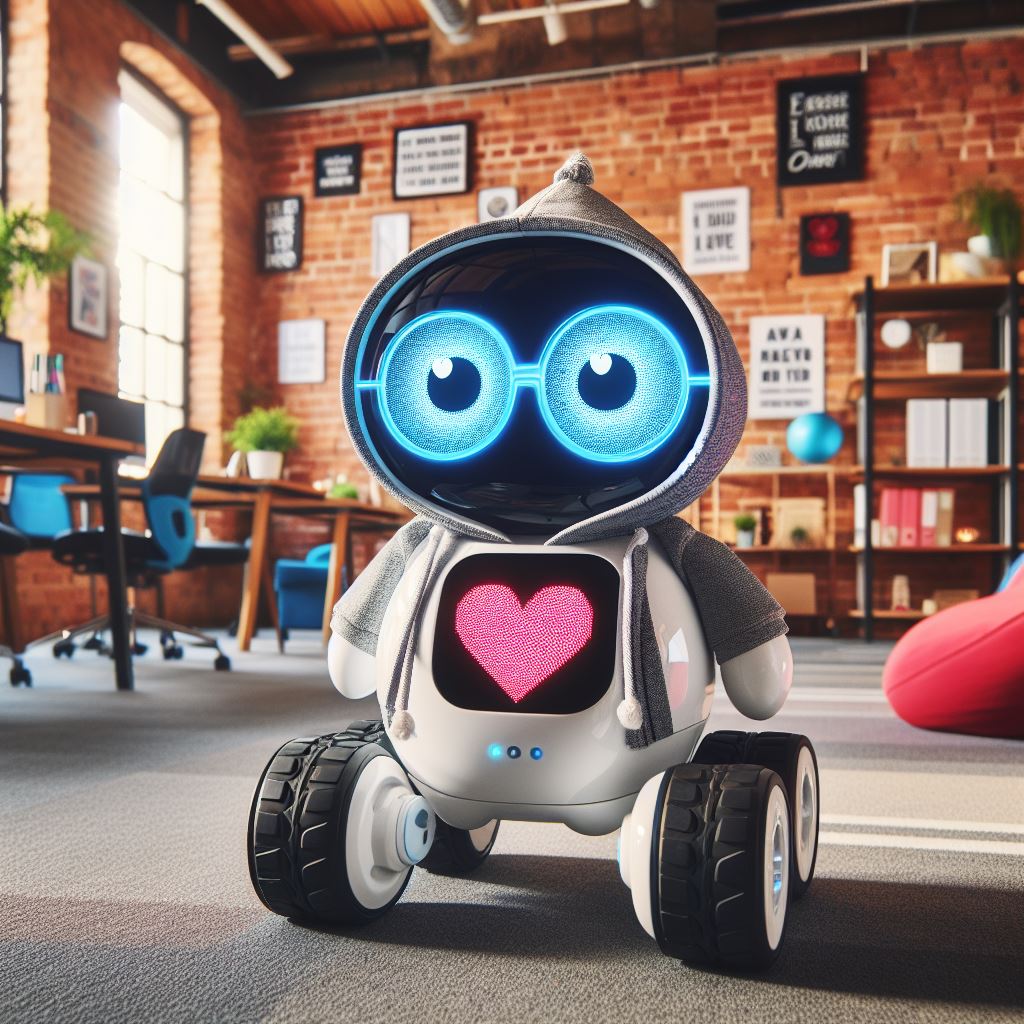Game-Changing: 5 AI Customer Support Innovations!

The Evolution of AI in Customer Support
Businesses strive to provide exceptional customer support that goes beyond the traditional phone calls and emails. Artificial Intelligence (AI) has emerged as a game-changer in the customer support industry, revolutionizing the way businesses interact with their customers. With advancements in machine learning and natural language processing, AI-powered customer support solutions have become more intelligent, efficient, and personalized. Let’s explore five AI customer support innovations that are reshaping the industry and setting new standards for customer experience.
Innovative AI Chatbots: Revolutionizing Customer Interaction
One of the most significant advancements in AI customer support is the introduction of chatbots. You don't have to wait on hold for a customer service representative or send an email and waiting for days to receive a response. AI-powered chatbots are now capable of providing instant and personalized assistance to customers, 24/7. These chatbots can handle a wide range of customer queries, from simple frequently asked questions to more complex issues.
The key to the success of AI chatbots lies in their ability to understand and respond to natural language. With advancements in natural language processing, chatbots can comprehend and interpret customer queries accurately, providing relevant and helpful responses. Additionally, these chatbots can learn and improve over time, continuously enhancing their performance and understanding of customer needs. This not only saves time for customers but also reduces the workload for customer support teams, allowing them to focus on more complex issues that require human intervention.

AI-powered Sentiment Analysis: Enhancing Customer Understanding
Understanding customer sentiment is crucial for any business aiming to provide exceptional customer support. AI-powered sentiment analysis is a powerful tool that allows businesses to gain insights into customer emotions, preferences, and needs. By analyzing customer interactions, such as chat logs, emails, and social media conversations, AI algorithms can identify positive, negative, or neutral sentiments expressed by customers.
This technology enables businesses to respond proactively to customer concerns and identify patterns or trends in customer feedback. By understanding customer sentiment, businesses can adapt their products, services, and customer support strategies to better meet customer expectations. For example, if a significant number of customers express frustration with a specific feature of a product, the business can take immediate action to address the issue, potentially preventing a larger customer backlash.
Virtual Assistants: Personalizing Customer Support Experience
Personalization has become a key aspect of delivering exceptional customer support, and AI-powered virtual assistants are making personalization easier than ever before. These virtual assistants utilize AI algorithms to analyze customer data and provide personalized recommendations or assistance based on individual preferences and needs.
Virtual assistants can remember customer preferences, previous interactions, and purchase history, allowing for a more contextual and personalized customer support experience. Whether it’s suggesting relevant products, answering specific questions, or guiding customers through troubleshooting steps, virtual assistants can provide tailored support that feels human-like. This level of personalization not only enhances the customer experience but also helps businesses build stronger relationships with their customers, fostering loyalty and customer satisfaction.
Predictive Analytics: Anticipating and Solving Customer Issues
Predictive analytics is another AI-driven innovation that is transforming customer support. By analyzing historical customer data, AI algorithms can identify patterns and trends, allowing businesses to anticipate and address customer issues before they even occur. This proactive approach to customer support can significantly reduce customer frustration and improve overall satisfaction.
For example, by analyzing previous customer interactions and feedback, predictive analytics can identify potential product defects or recurring issues. Businesses can then take proactive measures such as issuing product recalls, providing software patches, or improving product documentation to address these issues before they impact a large number of customers. This not only saves time and resources for both the business and the customers but also demonstrates a commitment to customer satisfaction and quality assurance.

Automated Ticketing Systems: Streamlining Customer Support
The traditional process of handling customer support tickets can be time-consuming and prone to errors. However, with the introduction of AI-powered automated ticketing systems, businesses can streamline their customer support processes and ensure a faster and more efficient resolution of customer issues.
Automated ticketing systems use AI algorithms to categorize and prioritize customer support tickets based on the urgency and complexity of the issue. This ensures that critical issues receive immediate attention, while less urgent queries are appropriately assigned and managed. Additionally, these systems can automate responses to common queries, reducing the workload for customer support agents and providing faster resolutions to customers.
The Future of AI in Customer Support
As AI continues to evolve and improve, we can expect even more exciting innovations in the field of customer support. From more intelligent chatbots to advanced sentiment analysis and predictive analytics, AI is reshaping the way businesses interact with their customers, providing faster, more personalized, and efficient support. These AI customer support innovations not only enhances the customer experience but also allows businesses to gain valuable insights, improve operational efficiency, and build stronger customer relationships. The future of customer support is undoubtedly AI-driven, and businesses that use these game-changing technologies will be at the forefront of delivering exceptional customer experiences.

